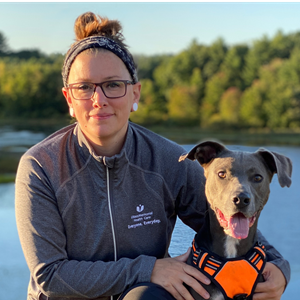2023 MVMA Fall CE Conference (In-Person)


The MVMA is back in-person for our Fall CE Conference!
Join us for 9 CE hours of concurrent education sessions, exhibitor showcase, networking with colleagues, and more! Enjoy this 2 day event on a waterfront resort on Cape Cod. Bring the family and see all activities and adventures that the area has to offer.
Track 1
Behavior (9 CE)
Carlo Siracusa, DVM, PhD, DACVB, DECAWBM
1:30pm- 5:00pm Saturday
Introduction: Using clinical reasoning to manage the behavior case (30 min)
Clinical reasoning is a structured and pathophysiologically sound approach to clinical problems. In this presentation, we will review the most salient anatomical structures and physiological processes, including learning processes, which regulate behavior in animals and, therefore, determine its dysfunction and pathology.
Creating a welfare friendly environment for cats (30 min)
In this lecture, we will review how to create a household environment that enhances the welfare of cats, taking in consideration the behavior patterns typical of the species (Felis catus) including social behavior, feeding behavior, and biological rhythms. We will explain how a welfare friendly environment helps preventing undesired behaviors like scratching and nighttime activity.
Aggression in cats (1 hour)
In this lecture, we will review the most common clinical presentations of cat aggression directed to people or to other cats, and their evidence-based treatment. We will also discuss risks and liabilities associated with owning or treating an aggressive cat.
Cat inappropriate elimination (1 hour)
In this lecture, we will provide an overview of the most common causes and presentations of cat inappropriate elimination. We will discuss a multimodal treatment including management of the external (social and non-social) and of the internal environment, behavior modification, and drug treatment.
9:00am-5:00pm Sunday
Creating a welfare friendly environment for dogs (1 hour)
In this lecture, we will review how to create a household environment that enhances the welfare of dogs, taking in consideration the behavior patterns typical of the species (Canis familiaris) including social behavior, feeding behavior, and biological rhythms. We will also discuss general principles of behavior modification.
Aggression in dogs (2 hours)
In this lecture, we will review the most common clinical presentations of dog aggression directed to people or to other dogs, and their evidence-based treatment. We will also discuss risks and liabilities associated with owning or treating an aggressive dog.
Fear- and anxiety-related behavior problems in dogs (2 hours)
Fear and anxiety are leading causes of behavior problems. In this lecture, we will discuss the presentation and treatment of the most common clinical presentations, including fears and phobias, generalized anxiety, and separation anxiety.
Principles of minimal-stress handling of dogs and cats during veterinary visits. (1 hour)
In this lecture, we will review some basic principle to minimize the stress and maximize the welfare of veterinary patients. We will provide an overview of systematic strategies that can be implemented before, during, and after the veterinary visit.
Track 2
Anesthesia (3 CE)
Lois Wetmore DVM, S.D., DACVAA
1:30pm- 5:00pm Saturday
Looking ahead at Alpha 2 agonists and antagonists
Alpha 2 agonists have been used in veterinary medicine for almost 50 years yet until recently the side effects of this class of drugs remained mostly the same. The entrance of a new product (Zenalpha) on the market, is finally offering a different experience with sedation. This lecture will review the actions of alpha 2 agonists and antagonists and explore the effect of adding a peripheral alpha 2 antagonist on sedation in dogs.
Effective, safe anesthetic practices and protocols: Its more than just the drugs you choose.
Practicing safe and effective anesthesia involves many steps, all of which are critical to the success of the event. These include
1. Assuring the patient’s condition is optimized and potential problems recognized
2. Selecting anesthetic drugs and doses while minimizing side effects
3. Monitoring and maintaining Respiratory and CV parameters
4. Being prepared to treat the complications
This lecture will review techniques for reducing drug side effects and suggestions for ways to prepare for complications.
Ophthalmology: Referral cases, case studies and diagnosis (6 CE)
John S. Sapienza, DVM, DACVO
9:00am-5:00pm Sunday
Concentration of several ophthalmic subjects including: chronic corneal diseases, glaucoma, cataracts, case studies, ocular emergencies, and ophthalmology pearls of wisdom.
Track 3
Emerging Infectious Diseases (3 CE) RACE Approved
Erin L. Goodrich DVM, DACVPM
1:30pm- 5:00pm Saturday
Emerging Infectious Diseases:
This lecture will focus on newly emerging pathogens relevant to large animal practitioners in the Northeast. Some of the specific pathogens that will be discussed include Cache Valley Virus, Salmonella dublin, Theilieria orientalis, Epizootic Hemorrhagic Disease, and Strongyloides papillosus. The clinical presentations, appropriate diagnostic testing strategies, and various control or prevention measures will be described for each.
Field Necropsy Tips for the Large Animal Practitioner:
This talk will discuss tips for getting the most out of a field necropsy. Specifically, I'll focus on appropriate samples to collect in cases of abortion, respiratory disease, neurological disease, and gastrointestinal disease. I'll also cover tips for laboratory submission of samples, appropriate test selection, and some of the common pitfalls.
Equine Gastric and Hindgut ulceration;
Equine Endocrine Disease (6 CE)
Jean-Yin Tan, DVM, DACVIM (LAIM)
9:00am-5:00pm Sunday
The Truth About Ulcers Part I: Equine Gastric Ulcer Syndrome
Ulcers are a trending topic in the barn with as many opinions as there are types of ulcers. Update yourself on the latest in diagnosis, treatment, and prevention of equine gastric ulcers so you can continue to provide your clients with the latest information.
The Truth About Ulcers Part II: Hindgut Ulcers
One of the trendiest medical terms among horse owners has become hindgut ulcers. What really are hindgut ulcers and how do you diagnose and treat them? This session will focus on the facts about hindgut ulcers so you can guide your clients through the optimal path for their horse.
Equine Endocrine Disorders Part I: Equine Metabolic Syndrome
Equine endocrine disease is one of the more confusing disorders that equine veterinarians deal with daily. Take an in-depth look at Equine Metabolic Syndrome so you can better diagnose and treat this disorder and learn some helpful tips on management.
Equine Endocrine Disorders Part II: PPID
It seems like everyone has heard of “Equine Cushings”, yet there is so much confusion surrounding it. How does this relate to Equine Metabolic Syndrome and how do you avoid confusing the two? Review the pathophysiology of PPID so you can improve the diagnostic and treatment plan for your equine patients and learn how to differentiate this from other endocrine disorders.
30 days prior to conference - 75% refund
14 days prior to conference - 50% refund
No refunds issued within 14 days of conference
Thanks to our Sponsors!
 |
 |
 |
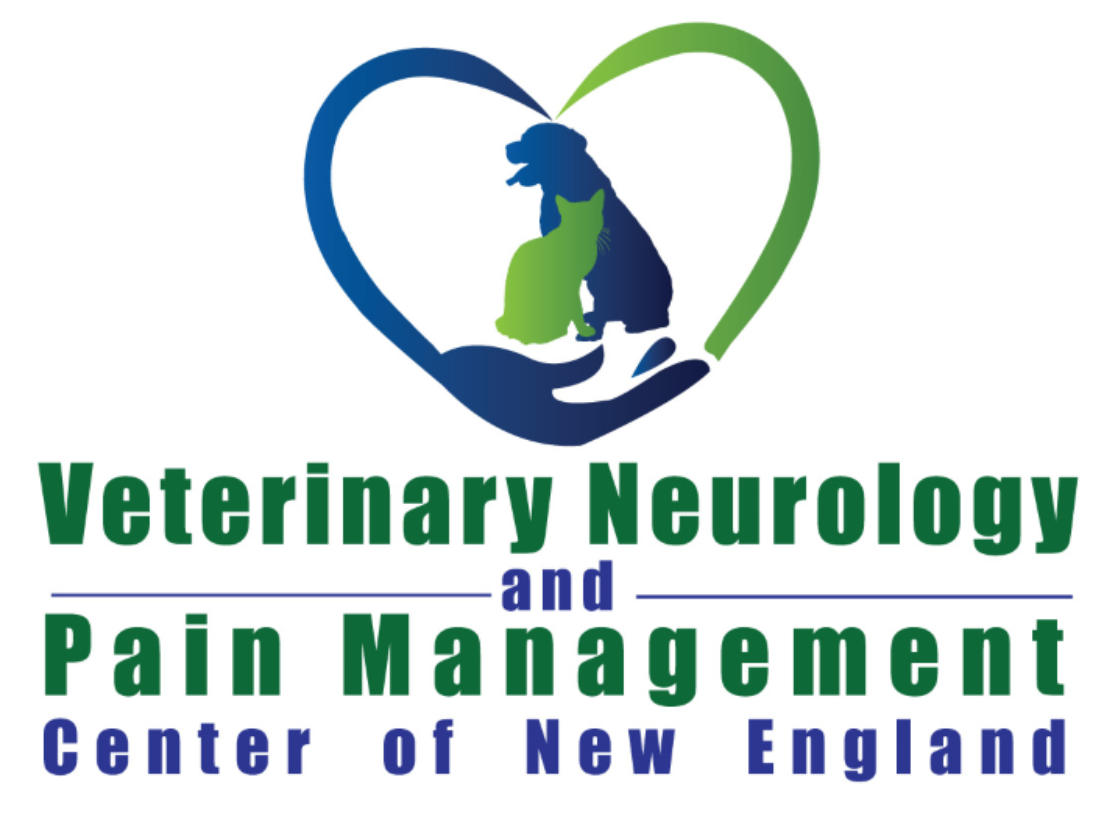 |
 |
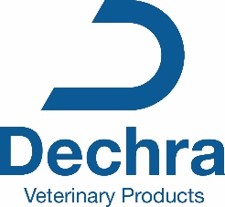 |
 |
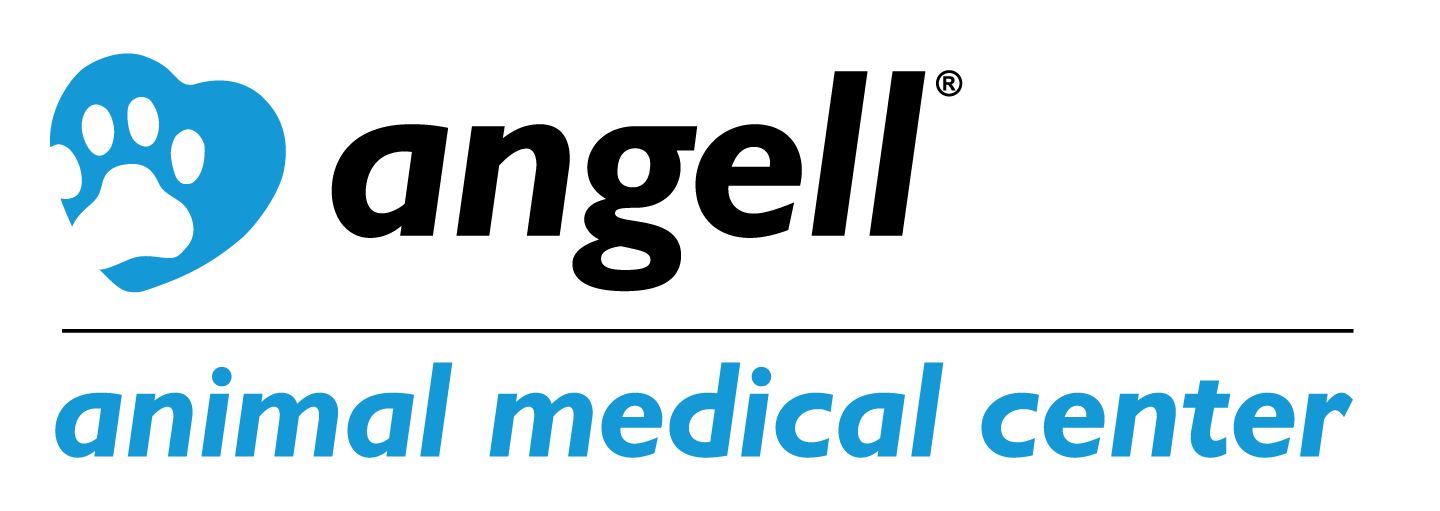 |
 |
 |
 |
 |
Sea Crest Beach Hotel Reservations
Speaker Bios
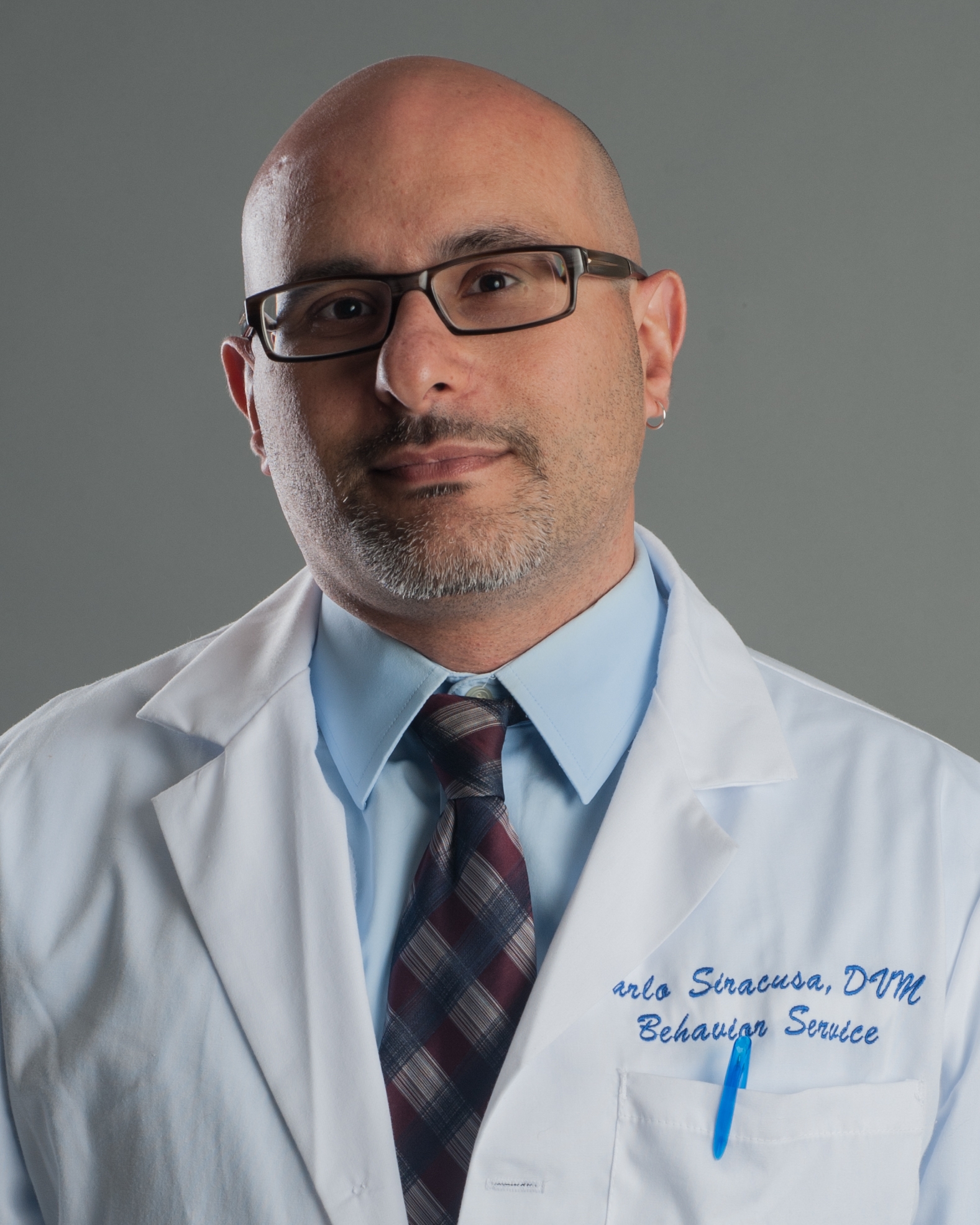
Carlo Siracusa, DVM, PhD, DACVB, DECAWBM
Carlo Siracusa obtained his DVM from the University of Messina, Italy, and his PhD from the Autonomous University of Barcelona, Spain, discussing a thesis on perioperative stress in dogs and the effect of pheromone therapy. He completed his residency in Animal Behavior at the School of Veterinary Medicine of the University of Pennsylvania, where he is currently an Associate Professor of Clinical Animal Behavior and Welfare, and the Director of the Animal Behavior Service. Carlo is board certified by the American College of Veterinary Behaviorists, of which he is immediate Past President, and by the European College of Animal Welfare and Behavior Medicine. His research interests are focused on canine stress evaluation and control; canine and feline temperament evaluation; prognostic factors and treatment outcome of behavior problems; behavior and cognitive changes in dogs with physical disease.

Lois Wetmore DVM, S.D., DACVAA
Dr. Lois Wetmore is a faculty member in the Anesthesia and Analgesia service at Cummings School of Veterinary Medicine and is a diplomate in the American College of Veterinary Anesthesia and Analgesia. She graduated from Colorado State University Veterinary School in 1982 and did her residency training at Michigan State University where she also earned a MS degree in Veterinary Sciences. Dr Wetmore continued her research training at Harvard’s T.H. Chan School of Public Health where she received a doctoral degree in 1993.

John S. Sapienza, DVM, DACVO
John S. Sapienza, DVM, DACVO, Chairman received his Bachelor of Science and veterinary degree from Cornell University. He completed a one-year internship in small animal medicine & surgery at the Animal Medical Center in New York City, and a three-year residency in comparative ophthalmology at the University of Florida, College of Veterinary Medicine. Dr. Sapienza is a Diplomate of the American College of Veterinary Ophthalmologists, and the consultant veterinary ophthalmologist at the Bronx Zoo and the N.Y. Aquarium. Dr. Sapienza is the head and department chairman of the ophthalmology section at New York’s largest private practice referral center Long Island Veterinary Specialists (LIVS) in Plainview, New York. His special interests in ophthalmology include phacoemulsification cataract surgery, glaucoma surgeries and vitreoretinal procedures for retinal re-attachments.
Erin L. Goodrich DVM, DACVPM
Dr. Goodrich is a 2008 graduate of the College of Veterinary Medicine at Cornell, and a 2004 Animal Science graduate of the Cornell College of Agriculture and Life Sciences. She practiced veterinary medicine in two mixed animal practices in central New York prior to joining Cornell’s Animal Health Diagnostic Center in December of 2013 as a member of the Veterinary Support Services (VSS) team. She became board-certified by the American College of Veterinary Preventive Medicine in 2017. Now serving as the Director of VSS, she works to provide diagnostic support to veterinarians in their daily encounters with disease outbreaks, control, and surveillance.
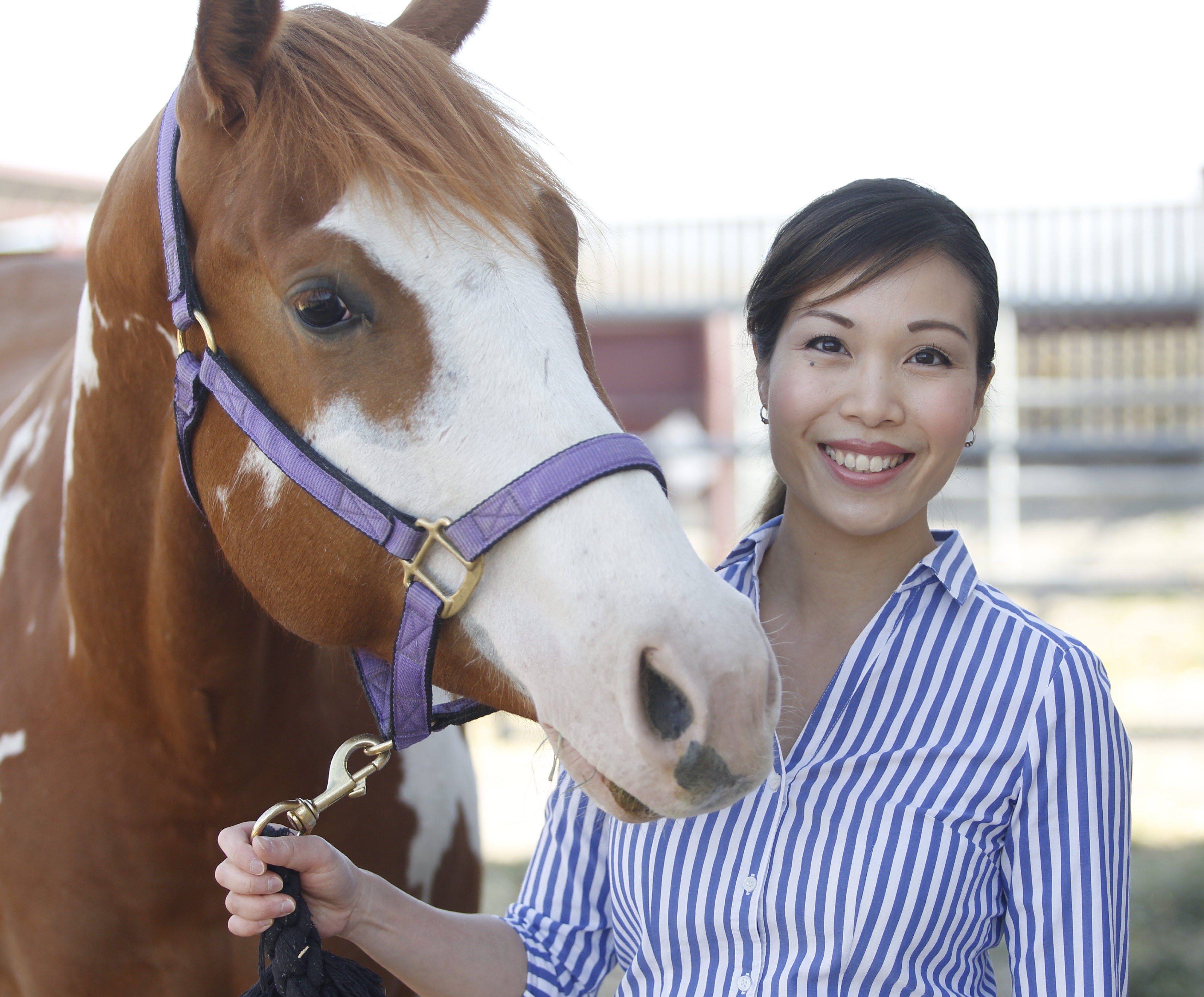 Jean-Yin Tan, DVM, DACVIM (LAIM)
Jean-Yin Tan, DVM, DACVIM (LAIM)
Dr. Jean-Yin Tan is a board-certified equine internal medicine specialist and Senior Instructor at the University of Calgary. After graduating from Cornell University in 2005, she completed an internship at Mid-Atlantic Equine Medical Center in New Jersey, a residency in large animal internal medicine at University of Minnesota, and practiced in California and New Jersey prior to establishing her own referral clinic in Upstate New York. In 2015 she joined the University of Calgary as an instructor in Equine Clinical Sciences. Additionally, she is trained in equine acupuncture and certified in professional management. She has published in the Canadian Veterinary Journal, American Journal of Veterinary Research, and the Journal of American Veterinary Medical Education, and spoken internationally at the ACVIM Forum, AAEP Convention, Congreso Veterinario de Leon, and the New York State Veterinary Conference.
For More Information:
